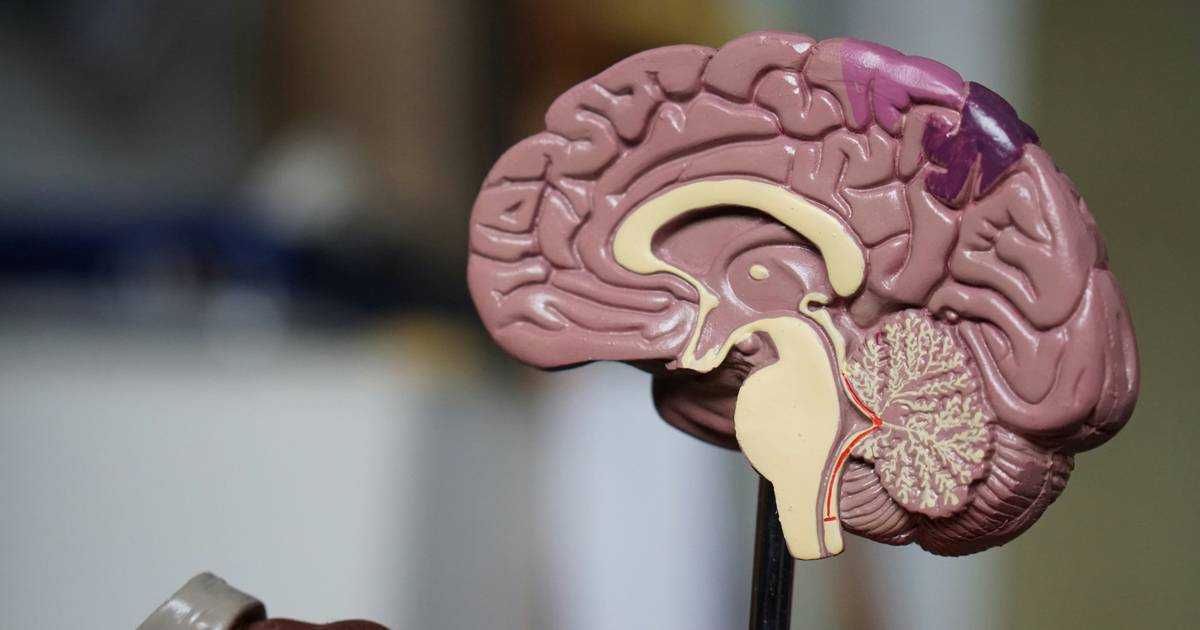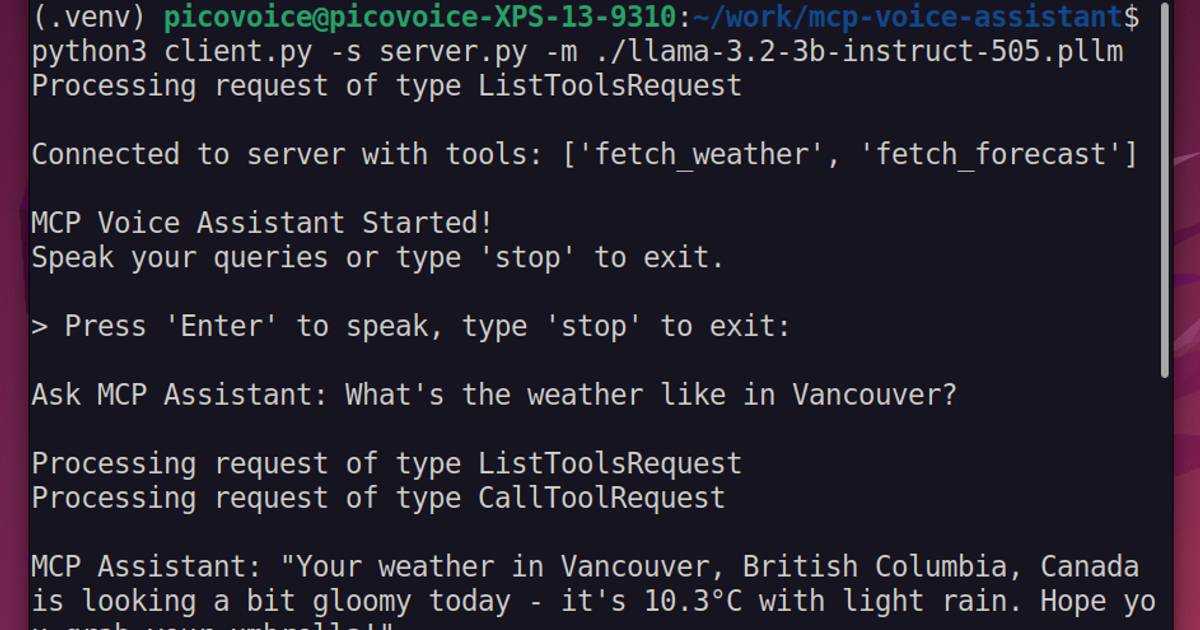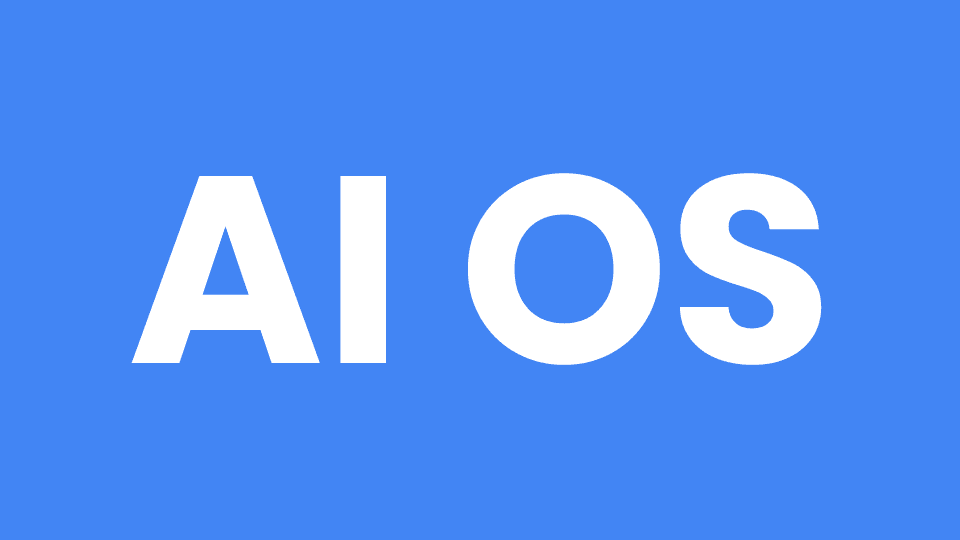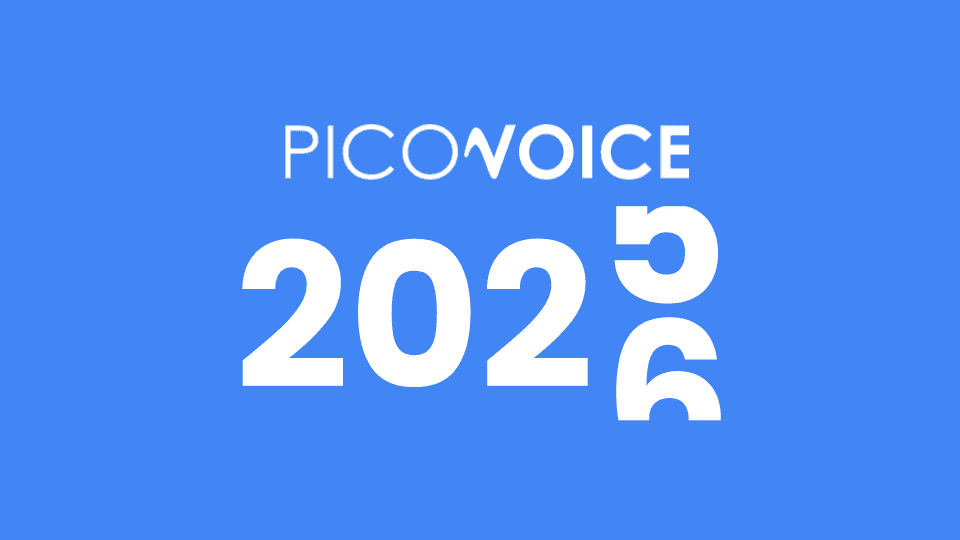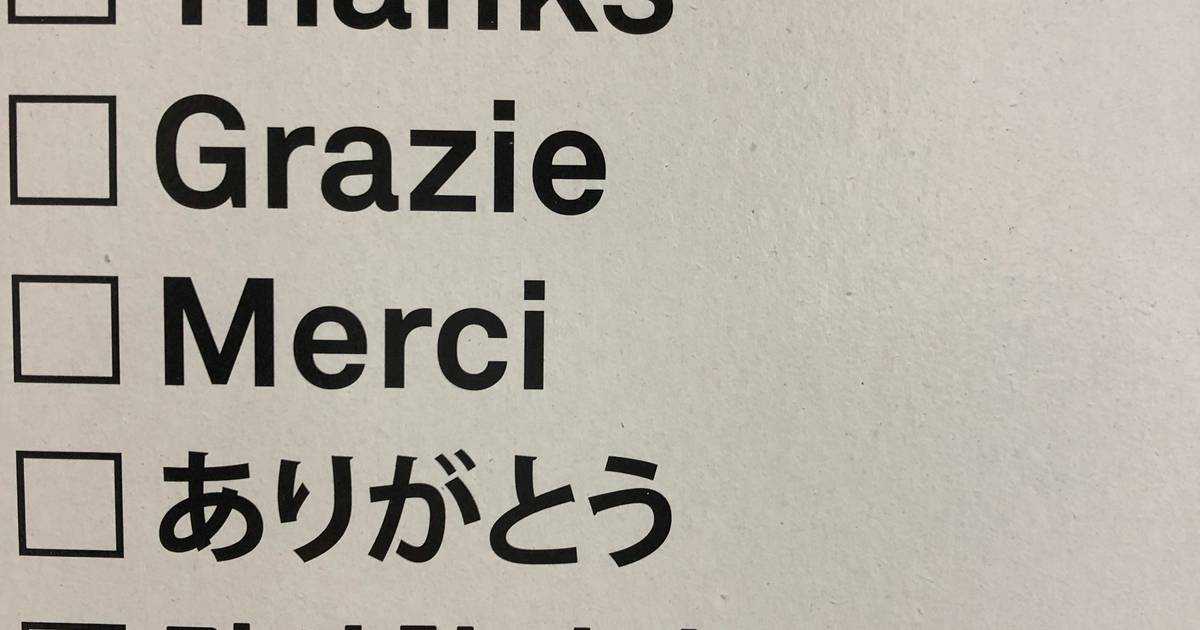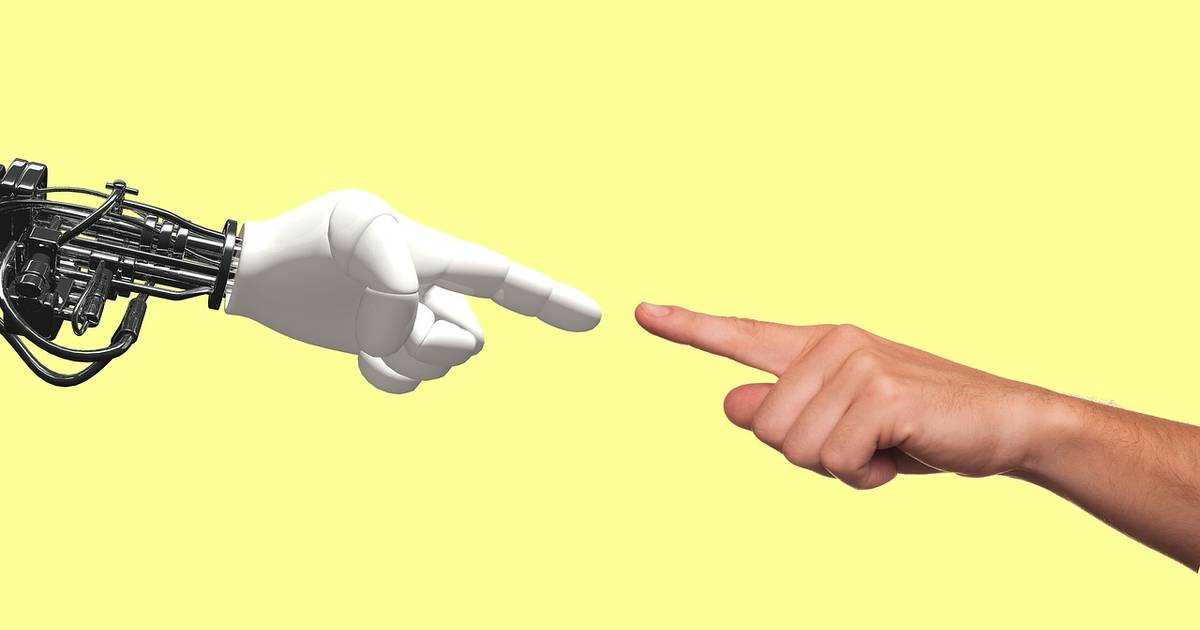Artificial Intelligence Ethics deals with using artificial intelligence that is fair, just, and respects the dignity of individuals. It includes ensuring that AI systems design, training, and deployment do not perpetuate bias, respect human rights and privacy and contribute to the greater good of society. AI Ethics, Ethical AI, Ethics in AI, or Ethics of AI are other terms used. AI Ethics is not limited to regulations. Laws determine the minimum threshold of acceptability, while ethical policies go beyond legal requirements.
AI algorithms that can effectively manipulate people may be legal, but they are certainly not ethical.
There are no universal Artificial Intelligence Ethics guidelines.
There is no ubiquitous set of rules or guidelines for AI Ethics. Enterprises, universities, or research institutions develop their own set of rules based on their values: human rights, privacy, animal rights, environmental impact, no discrimination, and no manipulation. Enterprises may choose not to consider the environment or even not to have Ethical AI guidelines at all.
Big Tech generally uses the term Responsible AI. It refers to designing, developing, and deploying artificial intelligence with good intentions to empower people and businesses. In practice, people use Responsible AI and Ethical AI interchangeably. However, Responsible AI focuses on the “intentions” of building, whereas Ethical AI covers the usage after deployment.
Big Tech does not follow its own guidelines.
The major challenge with Ethical AI or Responsible AI is not the terminology or definitions but the application. For example, Facebook publicly communicates its five pillars of responsible AI, and its first pillar is privacy and security. Yet, Meta was fined $1 billion just by Irish regulators in the last 14 months for breaching EU data privacy rules. The most recent one was €265 million in November 2022.
Facebook is not alone. In November 2022, Amazon decided to issue a warning card for its audio transcription software, which could “result in unfair outcomes for different demographic groups”.
Why is AI Ethics more crucial than ever?
Big Tech lacks a record of success at obeying the regulations or following their guidelines. Ethical AI teams at Big Tech had been struggling even before. Prominent Ethical AI team members at Google got fired or left their jobs due to the hostile environment. With the focus shifting toward profitability, Big Tech layoffs started with Ethical AI teams and AI researchers. Lastly, Microsoft fired its entire Ethical AI team while investing billions of dollars in OpenAI.
Time will show how Ethical AI teams will be affected. Nevertheless, IT decision-makers do not have the luxury of losing customers’ trust in this challenging macro environment. Now it’s more important than ever to keep questioning and reviewing vendors’ policies.
If you’re looking for a voice AI vendor, we prepared a list of questions to ask Voice AI vendors to ensure the privacy of voice data. Or just start building with Picovoice. Picovoice Technology is private-by-design and works across accents and genders.
